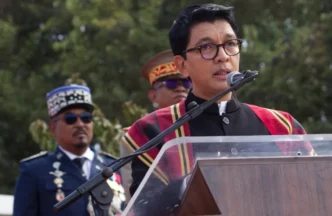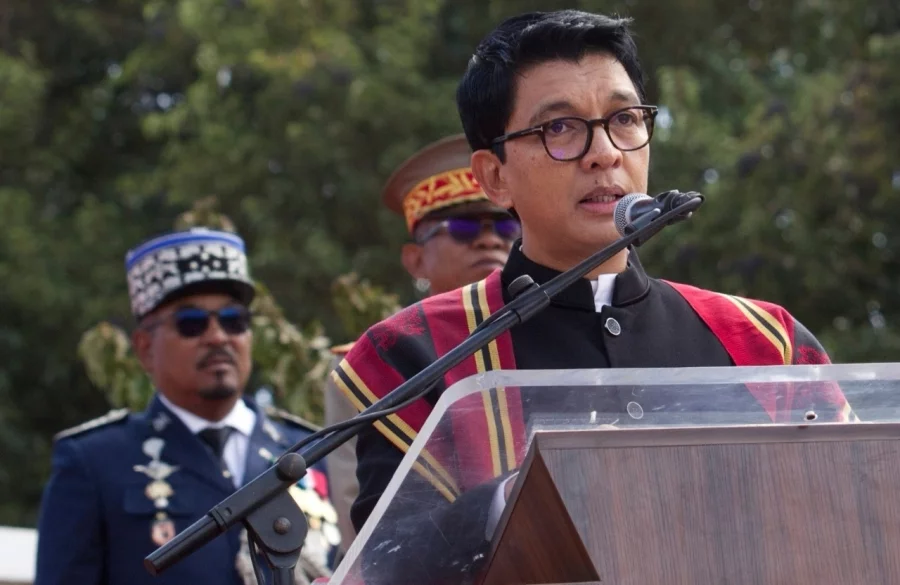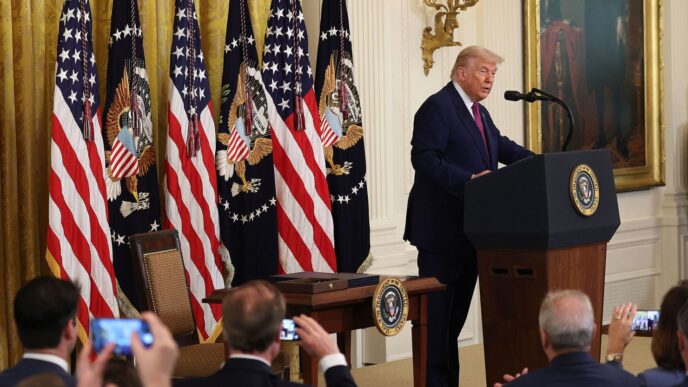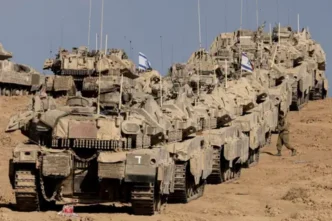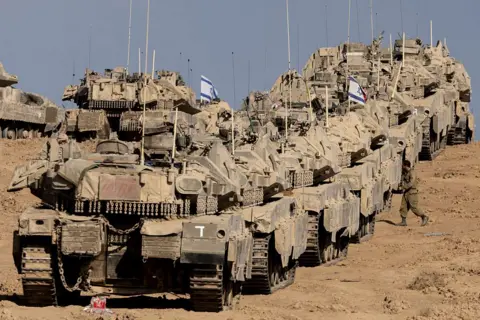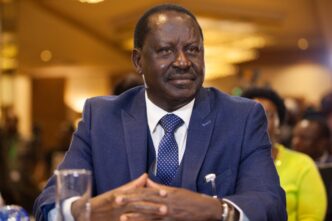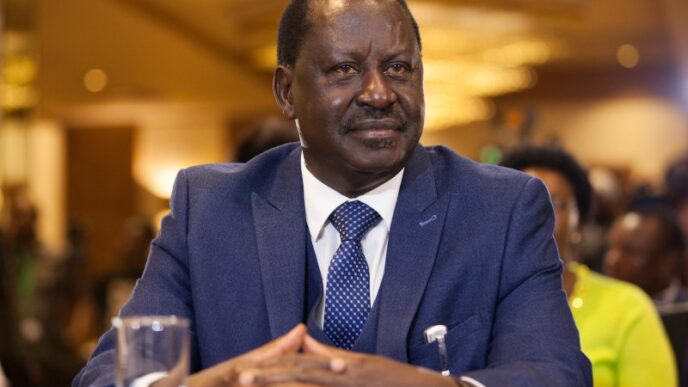Madagascar was thrown into turmoil on Monday, October 13, as reports emerged that President Andry Rajoelina fled the country aboard a French military aircraft just hours before he was due to address the nation.
According to French state radio RFI, Rajoelina, who also holds French citizenship, was flown out of Antananarivo following a confidential arrangement with French President Emmanuel Macron.
The outlet added that he may have headed to Dubai.
The unexpected development came shortly before a scheduled national broadcast at 7 p.m. (1600 GMT), which was abruptly cancelled.
The presidency had earlier posted an announcement of the address on Facebook, but no explanation followed the sudden disappearance of the 51-year-old leader.
Rajoelina, who first ruled Madagascar from 2009 to 2014 before returning to power in 2023, had recently become isolated after losing support from key segments of the military.
The defection of an elite army unit known as Capsat, along with a youth-led movement called Gen Z Madagascar, intensified calls for his resignation amid rising anger over corruption, unemployment, and poverty.
Mass protests erupted in the capital as thousands of demonstrators filled Independence Square, waving flags and chanting for change.
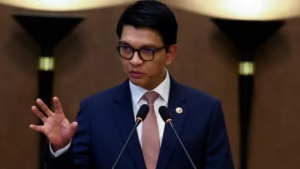
Some were seen climbing military vehicles in celebration of the army’s defection.
Meanwhile, soldiers from the Capsat unit the same force that helped Rajoelina seize power in 2009 joined protesters and released a viral video calling for unity among the armed forces.
“Let us join forces, military, gendarmes and police, and refuse to be paid to shoot our friends, our brothers and our sisters,” they declared.
“Do not obey orders from your superiors. Point your weapons at those who order you to fire on your comrades in arms.”
The gendarmerie, long accused of using excessive force during the protests, admitted in a separate statement to “faults and excesses” in their handling of demonstrations.
According to the United Nations, at least 22 people have been killed since the unrest began, though Rajoelina disputed this figure, insisting there were “12 confirmed deaths and all of these individuals were looters and vandals.”
The political crisis erupted after the September 19 arrest of two opposition politicians who had planned protests over chronic water and power shortages.
The arrests triggered widespread outrage, drawing in students, activists, and civil servants.
In response to the escalating situation, French authorities reportedly intervened to secure Rajoelina’s safe passage out of the country to prevent further instability.
